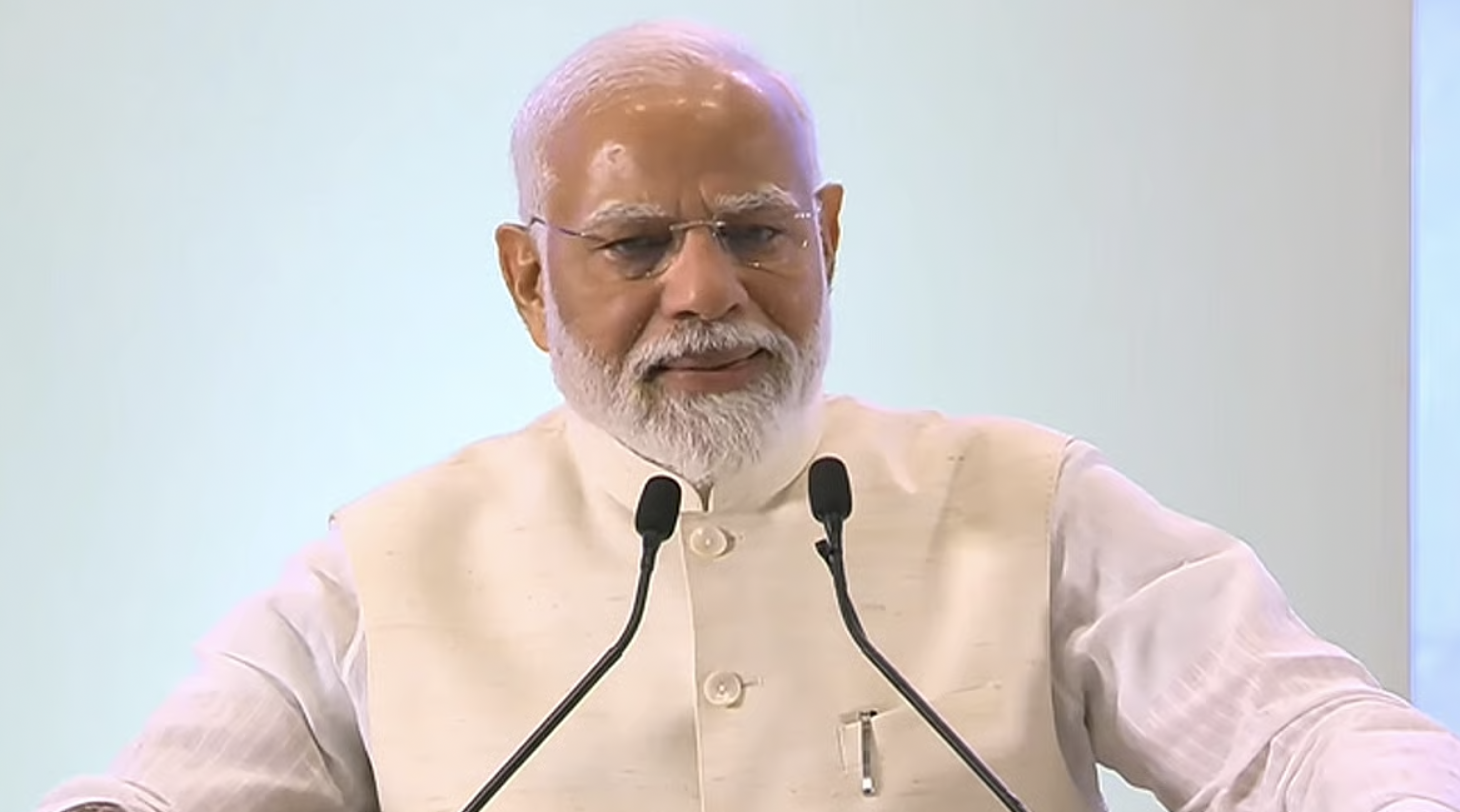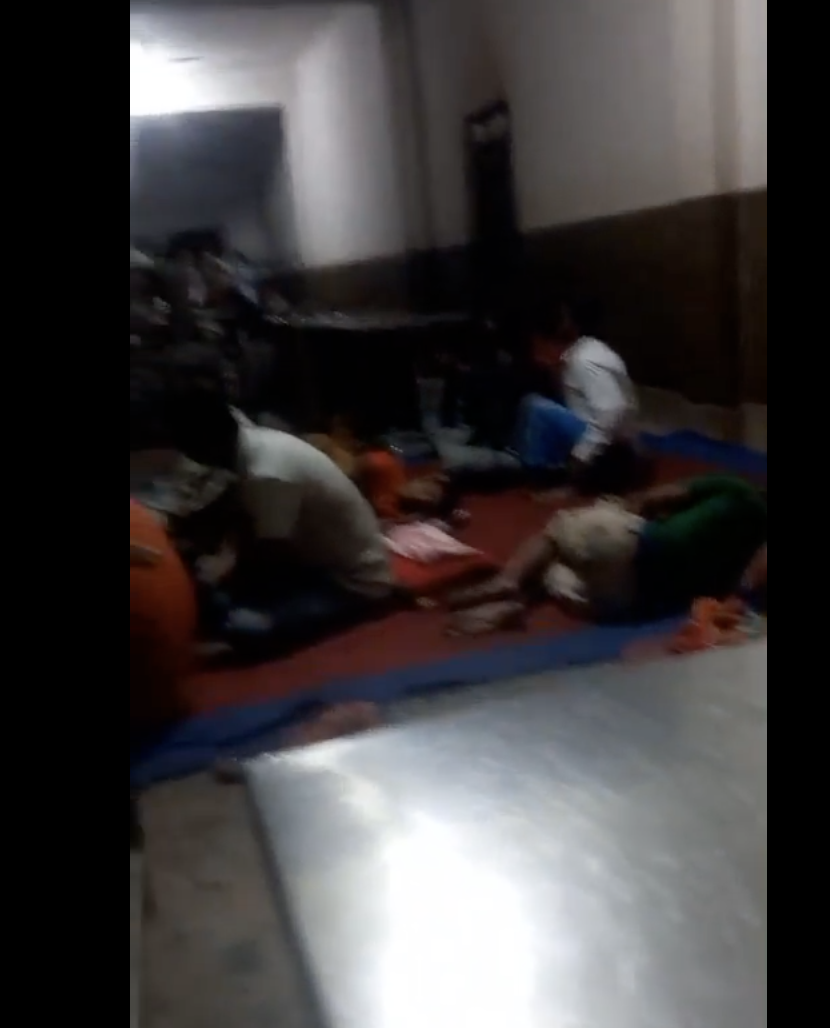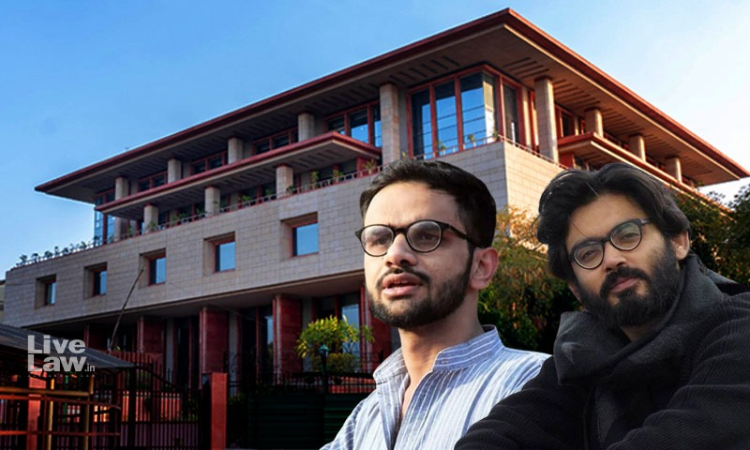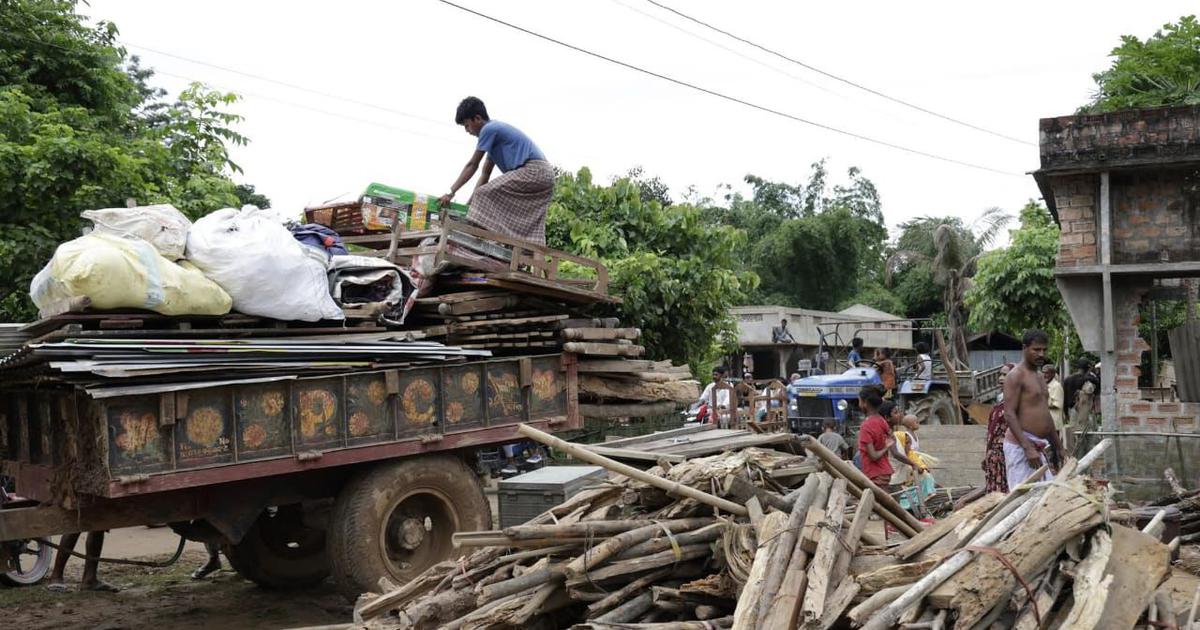By Joshua Bowes
India’s influence on the rise of Hindu nationalism in Nepal has steadily grown under the leadership of Narendra Modi’s Bharatiya Janata Party (BJP). Religious tensions have been escalating in Nepal, where a growing Hindu nationalist movement is utilising social media to bolster support and rally followers. Following in the footsteps of BJP propagandists, Nepali social media influencers have popularised Hindu nationalism, or Hindutva, online. Political outfits taking after Modi’s BJP have gradually been gaining followers in Nepal, creating friction between pro-Hindu and non-Hindu Nepalis, resulting in outbreaks of violence and a bubbling extremist movement. This Insight will outline how social media is used to perpetuate Hindu nationalist sentiments and the role of online pro-Hindu rhetoric in facilitating real-world violence in Nepal.
Hindu Nationalism and the BJP in Nepal
Since the country officially became secular in 2008, many conservative Nepalis have sought to make Nepal a Hindu state with a renewed constitutional monarchy. India has caught onto this sentiment, with Modi deepening ties with Kathmandu via bilateral agreements strengthening the economic and transportation sectors. The BJP’s rule over India, headed by Modi, has cultivated a Hindu nationalist culture that has spread to the United States, Canada, the United Kingdom, and now Nepal. In a continued rivalry with China to become the continent’s dominant power, Modi has infused India’s politics with censorship, anti-Muslim discrimination and hate speech. His desire to advance his nationalist agenda comes at the perfect time, as Hindu extremism in Nepal is on the verge of eruption. Nepali Hindus, who comprise more than 80% of the country’s population, are likely to view Modi’s hand in their government as a chance to actualise Hindu underpinnings that have been quietly growing since Nepal’s turn to secularism in 2008.
The BJP’s growing influence on Nepali politics became apparent in a May 2023 US State Department International Religious Freedom Report, which claimed that Nepali civil society activists were accusing their government of receiving funding from BJP-linked Hindu nationalist cells in return for advancing a political agenda promoting Hindu statehood. The infiltration of the BJP into Nepal is a relatively new and emerging phenomenon that has gained the support of the Rastriya Prajatantra Party (RPP), a right-wing Nepali political group aiming to solidify Nepal’s Hindu statehood. The RPP has been steadily garnering support, winning almost 6% of votes in 2022, up from just over 2% in 2017. The influence of the RPP died down after Nepal became secular, but support for the group is on the rise again, with political rallies and events growing in both size and frequency. A more direct offshoot of the BJP is the Nepal Janata Party (NJP), a political faction whose influence has also been growing in Nepal’s politics. The NJP models itself after the BJP, utilising the same saffron colour scheme and the lotus flower symbol, which are traditional in Hindu nationalist imagery. Aiming for control over elections in 2027, NJP’s senior vice president, Khem Nath Acharya, declared full support for BJP ideology and a shared ultimate goal of establishing Nepal as exclusively Hindu. The party won 17 seats in local elections last year.
This story was originally published in gnet-research.org. Read the full story here .






